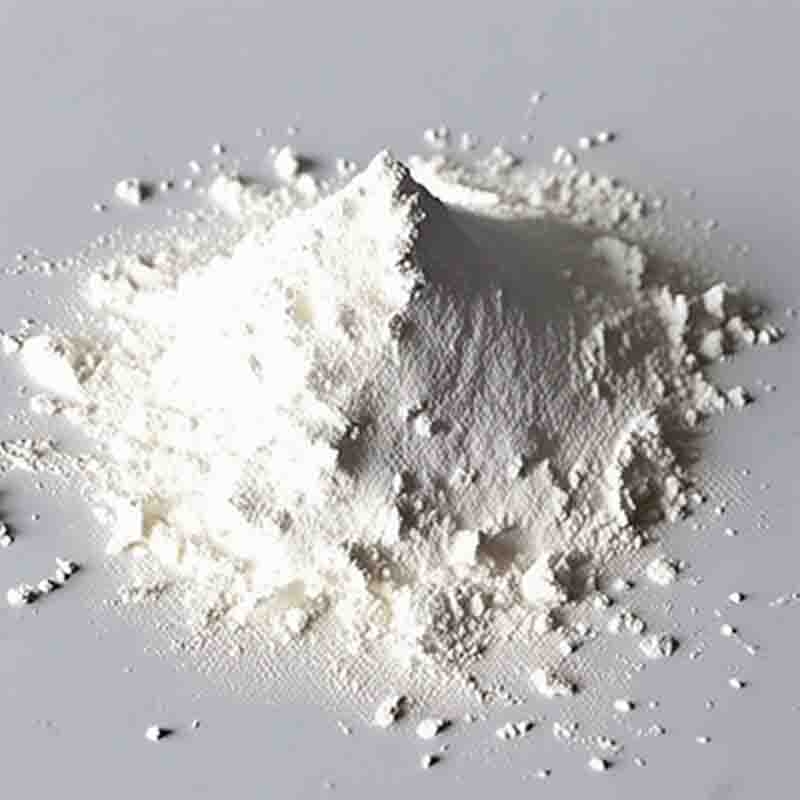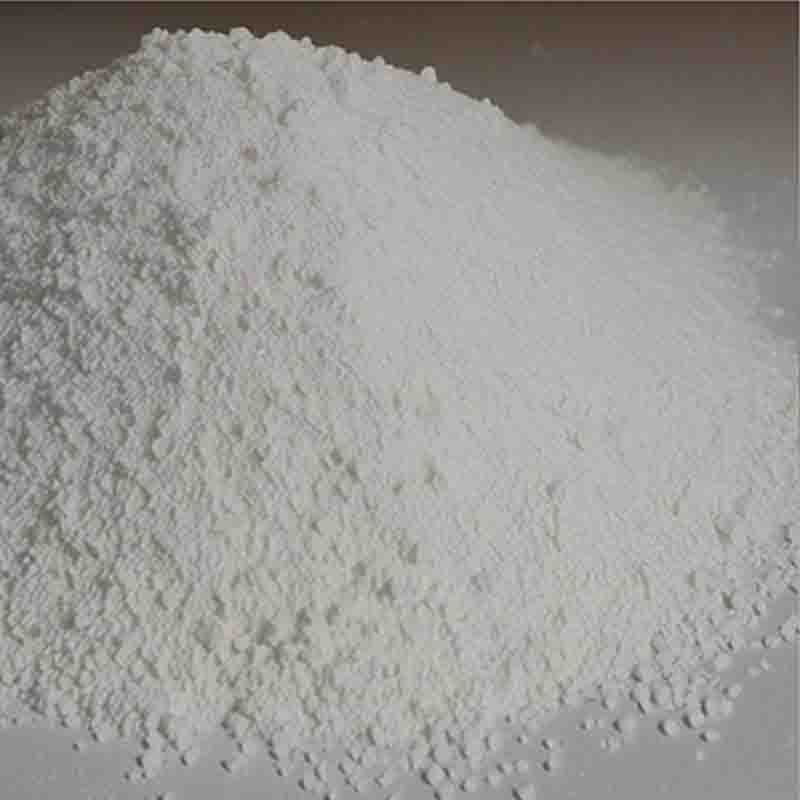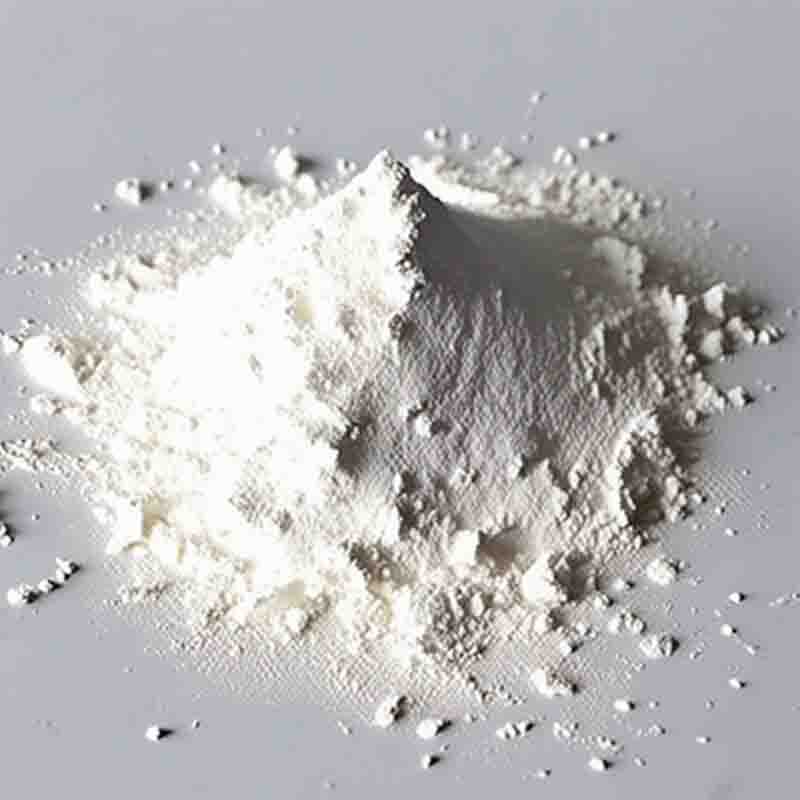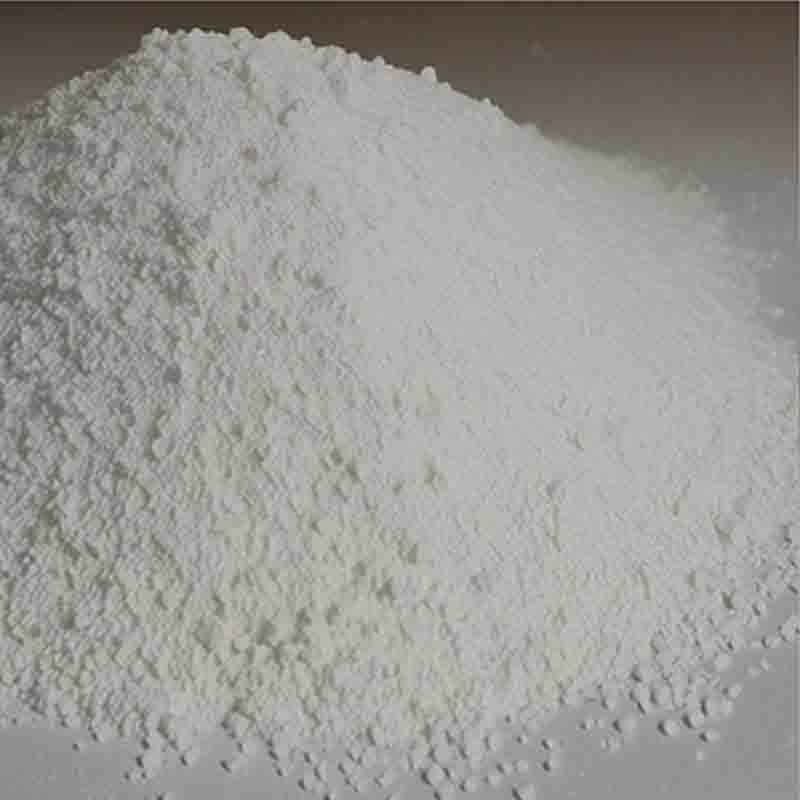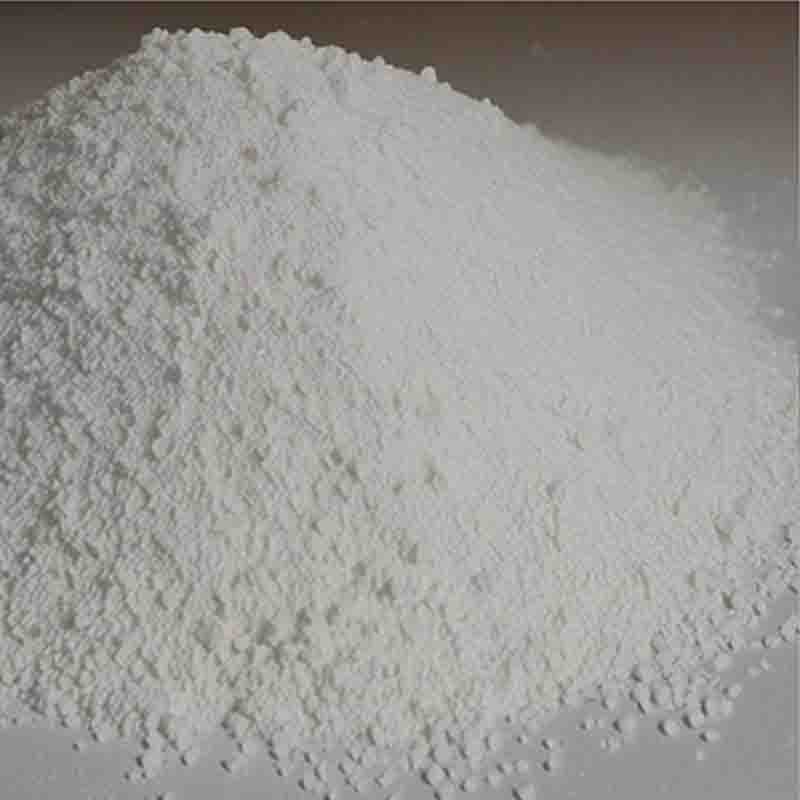indolepropionicacid CAS:830-96-6
| Catalog Number | XD95482 |
| Product Name | indolepropionicacid |
| CAS | 830-96-6 |
| Molecular Formula | C11H11NO2 |
| Molecular Weight | 189.21 |
| Storage Details | Ambient |
Product Specification
| Appearance | White powder |
| Assay | 99% min |
Indolepropionic acid (IPA) is a metabolite of gut bacteria and belongs to the class of indole derivatives. In this 300-word explanation, we will discuss the effects and potential benefits of indolepropionic acid.One of the notable effects of indolepropionic acid is its potential neuroprotective properties. Multiple studies have shown that IPA has anti-inflammatory and antioxidant effects, which can help protect neurons from damage and death. This suggests that IPA could have therapeutic potential for neurodegenerative diseases such as Alzheimer's and Parkinson's.Additionally, indolepropionic acid has been found to improve glucose metabolism and insulin sensitivity. Research has shown that IPA can enhance glucose uptake and increase insulin sensitivity in various cell models and animal studies. These findings suggest that IPA may have a therapeutic role in managing conditions such as diabetes and metabolic syndrome.Furthermore, IPA has been found to exhibit anti-inflammatory effects. It can inhibit the activation of pro-inflammatory signaling pathways and reduce the production of inflammatory molecules. This anti-inflammatory activity suggests that IPA could be beneficial in combating chronic inflammatory conditions, including inflammatory bowel disease and rheumatoid arthritis.Another potential benefit of indolepropionic acid is its role in gut health. Studies have shown that IPA can influence the composition of gut microbiota and promote the growth of beneficial bacteria. This suggests that IPA may contribute to the maintenance of a healthy gut microbiome, which is important for overall digestive health and immune function.Moreover, IPA has been investigated for its potential anti-cancer properties. In studies conducted on various cancer cell lines, IPA has shown inhibitory effects on cancer cell growth and proliferation. While more research is needed, these findings suggest that IPA could have potential as an anti-cancer agent.In conclusion, indolepropionic acid exhibits several effects and potential benefits. Its neuroprotective properties, glucose metabolism improvement, anti-inflammatory effects, gut health promotion, and potential anti-cancer activity highlight its versatility and therapeutic potential. Further research is needed to fully understand the mechanisms of action and explore the potential applications of indolepropionic acid in various health conditions.


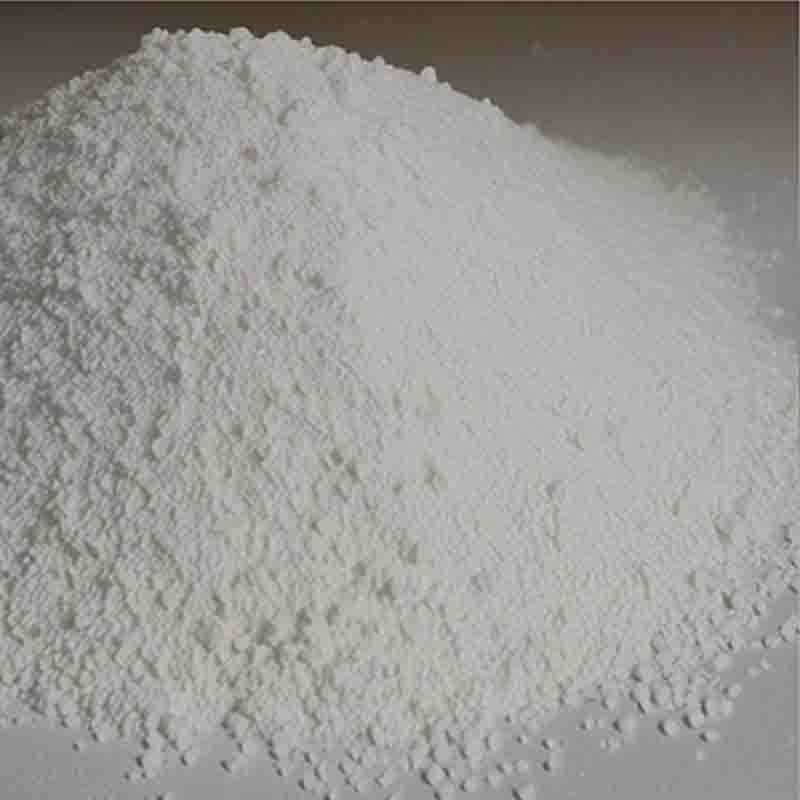

![4-[6-[[6-(1-Butoxyvinyl)-8-cyclopentyl-5-methyl-7-oxo-7,8-dihydropyrido[2,3-d]pyrimidin-2-yl]amino]pyridin-3-yl]piperazine-1-carboxylic acid tert-butyl ester CAS: 866084-31-3](https://cdn.globalso.com/xdbiochems/白色粉末2287.jpg)
